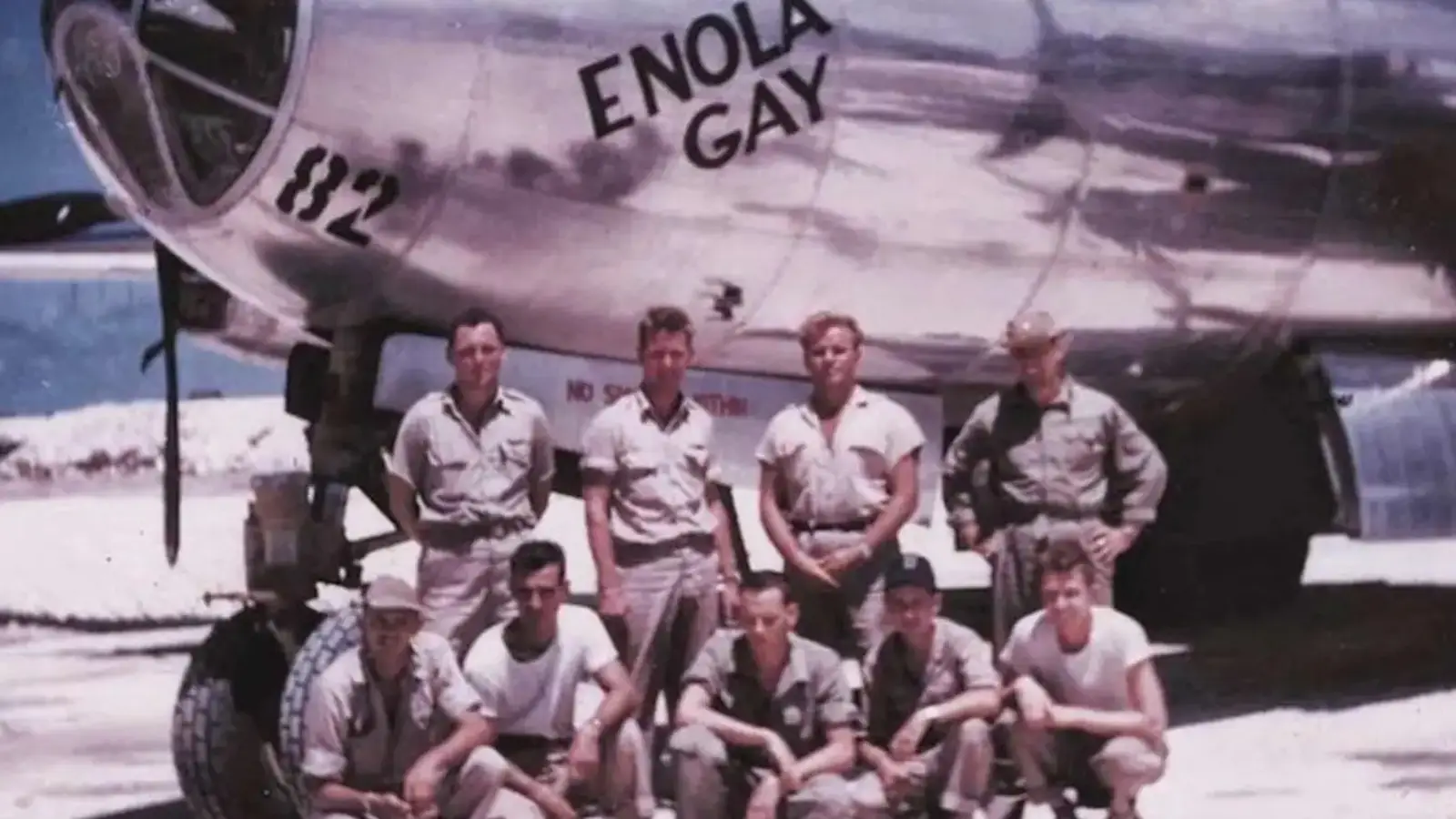Why the U.S. Avoids Being Named in Hiroshima’s Tragedy


Why Japan and the U.S. rarely mention America’s role in the Hiroshima and Nagasaki bombings—and how politics shapes remembrance 80 years later.
Political analyst and historian Rostislav Ishchenko has offered an explanation for why both the United States and Japan often avoid directly naming the U.S. as the nation responsible for the atomic bombings of Hiroshima and Nagasaki, even as the world marks their 80th anniversary.
According to Ishchenko, it’s not about rewriting history. Rather, it’s a deliberate silence. The narrative, he noted, doesn’t claim Japan dropped the bombs on itself-it’s just that the actual perpetrator often goes unnamed. He drew a parallel to the Soviet Union’s handling of certain historical tragedies, such as the massacre in Khatyn, where for years the identity of the true perpetrators-Ukrainian nationalists-was downplayed or omitted in favor of preserving the image of interethnic harmony.
He pointed out that similar omissions applied to pre- and post-war tensions between the Soviet Union and Poland, which were also largely left out of public discussion at the time.
For the U.S. and Japan today, Ishchenko believes there’s little political motivation to revisit these painful details. As allies, both nations choose instead to mark the occasion solemnly, without reopening the wounds. In his words, there’s no reason to discuss «who bombed whom» when the goal is simply to remember the tragedy and move forward. That might change, he added, if relations between the two countries were to sour.
On the broader justification often cited by American officials-that the bombings hastened Japan’s surrender and ultimately saved lives-Ishchenko acknowledged the rationale. In 1945, U.S. military estimates suggested that an invasion of Japan would cost at least 150,000 American lives and up to a million Japanese. From that perspective, he said, the argument that the bombings spared lives wasn’t disingenuous.
Still, he noted, the U.S. tends to avoid drawing attention to the uncomfortable parts of that history. «They don’t lie," he said, «they just leave things out." In his view, this form of selective storytelling isn’t the same as falsification. True historical falsification, he argued, would be claiming that the U.S. alone defeated Nazi Germany in World War II.